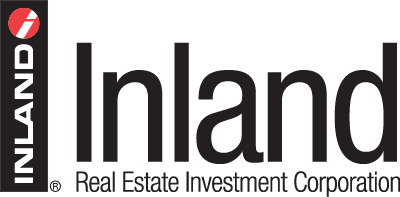If business succession planning is not a service you currently provide to your clients, you might reconsider. The latest statistics show there are approximately 32.5 million small businesses in the U.S., and baby boomers own 41% of these businesses. And, according to the Pew Research Center, the boomer generation is retiring at an accelerated pace, fueling a surge in the sale of small businesses.
Owners selling small businesses are often confronted with significant tax obligations related to the sale of business assets. For your clients considering selling a business, you can serve an essential role in helping them extract value by introducing them to two tax-advantaged reinvestment options.
1031 Exchanges and QOZs
Business owners looking to optimize their profits when selling a business to an outside party are afforded opportunities by certain sections of the U.S. Internal Revenue tax code that could minimize their tax obligations.
- IRC Section 1031 stipulates that no gain or loss shall be recognized if real property held for use in a trade or business or for investment is exchanged solely for property of like kind. So, a business owner can defer capital gains tax on the sale of a building or other real property by reinvesting the proceeds in similar property as part of a qualifying like-kind exchange. Further, by reinvesting in a Delaware statutory trust (DST) as their replacement property, the owner can relinquish the responsibilities of property management and, instead, receive passive income from professionally managed institutional-quality property.
- The Qualified Opportunity Zone (QOZ) investment program was signed into law as part of the Tax Cuts and Jobs Act of 2017, allowing investors to participate in the development of economically distressed communities throughout the U.S. while enjoying certain tax benefits. For example, a business owner selling a business that initially had a low basis but now has significant value may defer paying capital gains tax on the profits of the business sale until December 31, 2026. Furthermore, if the owner holds their investment in the QOZ for at least ten years, they may be able to permanently exclude any gain resulting from a qualifying investment when it is sold.
Your Role in Succession Planning
By ensuring your clients who own small businesses are aware of 1031 exchange and QOZ reinvestment opportunities, you provide a value that may save them significant amounts in taxes. Equally important, you can expand your centers of influence to include business brokers, CPAs, and attorneys specializing in succession planning. Finally, you can create opportunities to grow your business organically by accessing client assets that otherwise might have gone unnoticed.
Tax-Efficient Strategies in Action
This example illustrates how a 1031 exchange via a DST and a QOZ investment can each be used in succession planning.
A business owner sells their small business in 2022, which they have owned for over 30 years. The business started with no basis but is now estimated to have a $2 million value. By reinvesting the proceeds in a QOZ fund, the owner can defer paying capital gains tax on the $2 million until December 31, 2026. Further, if the owner continues to hold their investment in the QOZ fund for ten years, or earlier if the fund liquidates before ten years, they are expected to have no tax obligation on the gain realized in the fund.
In addition, the business owner sells their building for $1.5 million for a capital appreciation gain of $1 million. By using a 1031 exchange and reinvesting the proceeds of the sale in a DST as a replacement property, the owner can defer capital gains and recapture taxes. The owner will generally receive passive income while remaining invested. When the DST liquidates, the owner can exercise another 1031 exchange into a new DST and continue deferring taxes. There is no limit to the number of 1031 exchanges the owner can use.
Exploring These Tax-Efficient Strategies
Visit The Inland Academy for a wealth of resources related to Qualified Opportunity Zone Funds and DST 1031 exchange investments.

